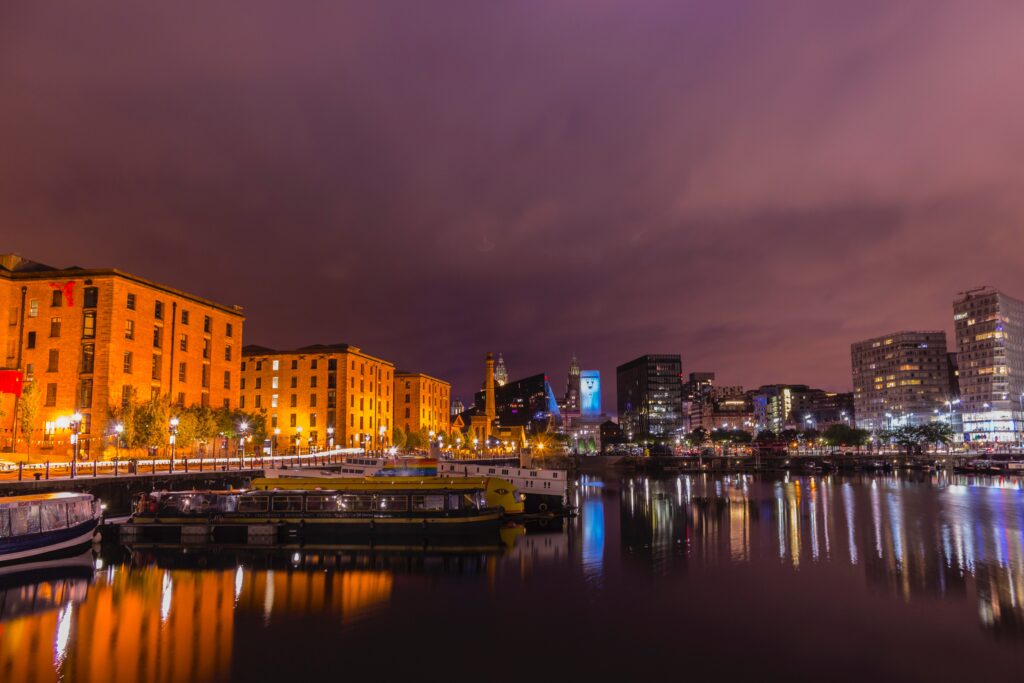The Liverpool City Council cabinet has today approved the acceptance of £3.3 million to fund the conversion of 200 bus engines as part of a wider programme to improve air quality in Liverpool.
The £3.3 million in bus retrofitting funding comes from the Department for Transport. Liverpool City Council will now establish a timeline to create a cleaner, greener fleet with Merseytravel, which has also started the decarbonising process on the region’s buses.
This decision comes just days after the Liverpool Region Combined Authority announced the introduction of the first wave of hydrogen powered buses.
Liverpool has one of the highest rates of child asthma and lung cancer in Europe. The city’s respiratory issues have been further exacerbated by the coronavirus pandemic as Liverpool is among the highest death rates in the country.
Reducing bus emission has been identified as a key facet in Liverpool’s Clean Air Plan, which aims to decrease nitrogen dioxide levels at the roadside below the national target of an annual mean concentration of 40 micrograms per m3.
In a bid to further comply with national air quality standards, the council’s cabinet has also approved a plan to launch a public consultation over the summer for a potential city centre charging Clean Air Zone (CAZ).
A formal conversation with stakeholders will consider the economic, environmental, and health impacts of a charging CAZ, as well as what class of CAZ would achieve the best balance.
Liam Robertson, Transport Portfolio Holder for the Liverpool City Region Combined Authority, said: ‘Buses are absolutely vital to our city region, with more than 80% of public transport journeys here being made on them. And they’re already one of the greenest ways to travel, with every bus taking more than 75 cars off the road.’
‘The funding to retrofit our buses is a great step in the right direction, as a fleet of 200 will carry hundreds and thousands of people every year across millions of miles around the city,’ Councillor Laura Robertson-Collins, Cabinet Member for Environment and Climate Change, commented.
‘We have all seen how much respiratory issues have played their part in the devastating impact of Covid-19 and we can no long afford to allow the status quo to continue.’
‘Liverpool city centre may need a ‘Clean Air Zone’ to help us achieve that goal, which is why we’ve set out a plan to examine that option. The timing for a fully informed conversation about the pros and cons of introducing a charge on the more polluting vehicles has never been better.’




